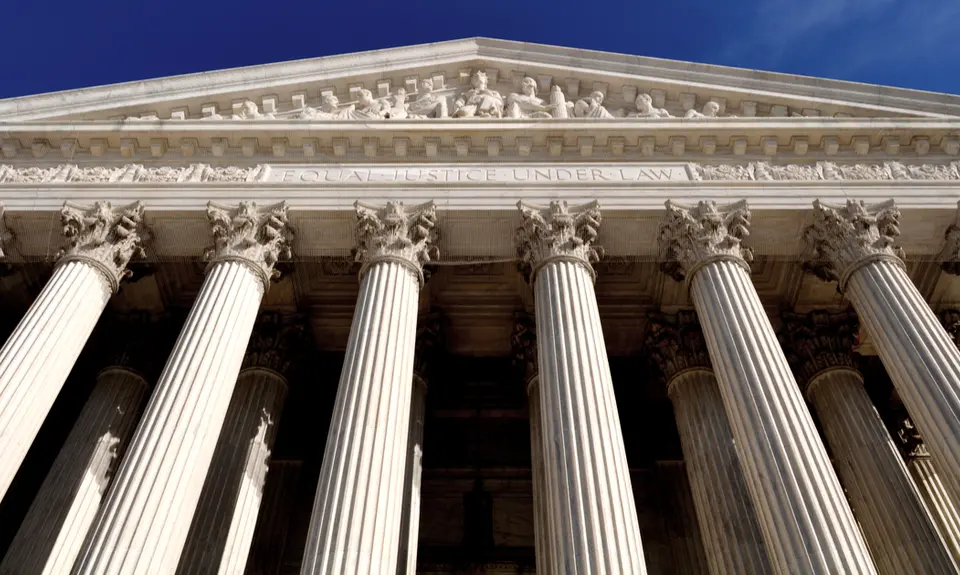Can far-right state legislatures rig presidential and congressional elections in violation of their own state constitutions? The conservative justices on the Supreme Court may let them do just that in a case being heard December 7.
It’s called Moore v. Harper. And it puts at risk our ability to elect the government of our choice, one that will protect our jobs, our health, and our communities.
It started in North Carolina.
In 2021, the Republican-controlled legislature drew new lines for congressional districts. But they didn’t adopt fair or neutral lines. Instead, they created an unfair advantage for their party. In fact, the partisan gerrymander was so strong that even if voters turned against Republicans in future elections, their party would still win most of the races in the state.
So much for democracy. So much for having Congress respond to the people and pass laws that address our needs.
But it violated the state constitution.
The constitution of North Carolina protects free elections. And in early 2022, the state supreme court struck down the partisan gerrymander.
In normal times, that would have been the end of the story. After all, state laws about congressional elections are made the same way and with the same checks and balances as any other state laws. That means governors can veto them, and state courts can interpret them – and strike them down if they violate the state constitution.
The Supreme Court has made clear that “we the people” are the ultimate source of any state legislature’s authority under the Constitution. So we can set up protections from abuses of power by state legislatures. For instance, in a 2015 opinion written by Justice Ruth Bader Ginsburg, the Court upheld an Arizona ballot initiative that gave redistricting power to a nonpartisan commission rather than to the state legislature.
A theory to justify a dangerous power grab
But these are not normal times. Not with the far-right Supreme Court majority brought about by the likes of Donald Trump and Mitch McConnell.
The people behind the partisan gerrymander say it doesn’t matter if they violated the state constitution. They argue that for federal elections, the U.S. Constitution gives state legislatures the final word over any other state entity on laws relating to federal elections. Under this theory, it doesn’t matter how much the state constitution protects people’s right to vote, or how flagrantly the legislature violates those rights. The state courts that are set up to protect the people from such dangerous power grabs can’t do a thing.
In legal jargon, it’s called the “independent state legislature theory.” It means that state constitutional protections for democracy simply don’t apply to federal elections. Checks and balances go out the window.
Ominously, the Supreme Court agreed to consider the case. Even more ominously, some members of the current Supreme Court majority have already signaled an openness to adopting this theory.
This is a serious problem. Getting rid of longtime checks and balances would threaten our ability to pass laws protecting our rights and our communities.
Elections Matter
When we vote for president and senators, we are deciding who will put justices and judges on the bench. Getting a Supreme Court that protects our rights requires making the Court a voting issue.
